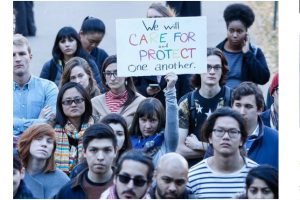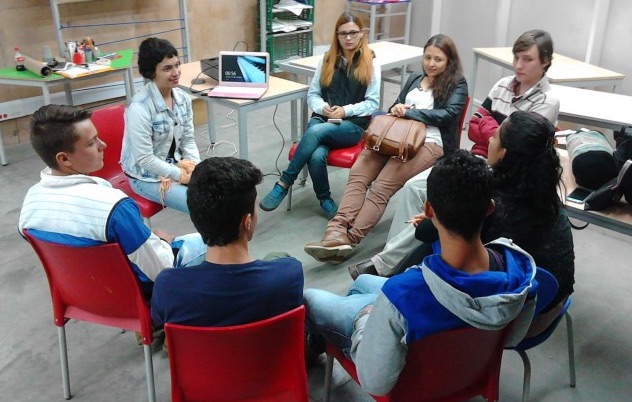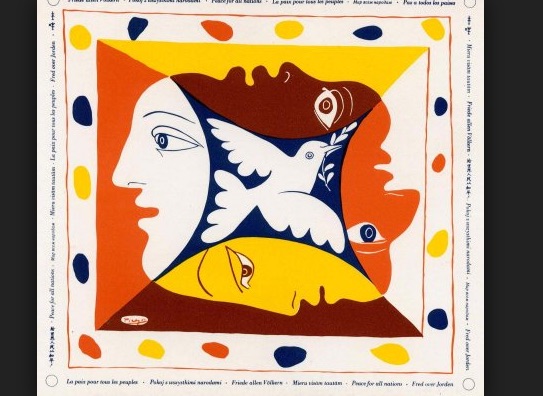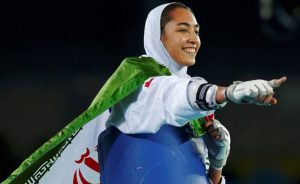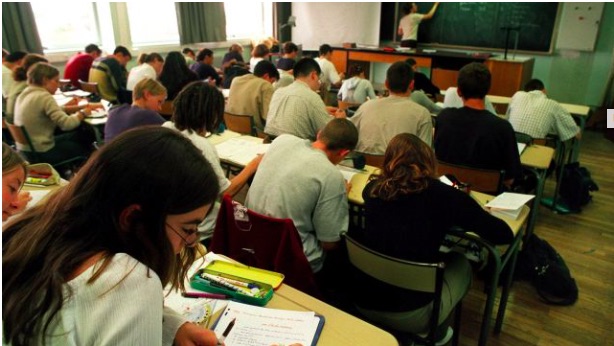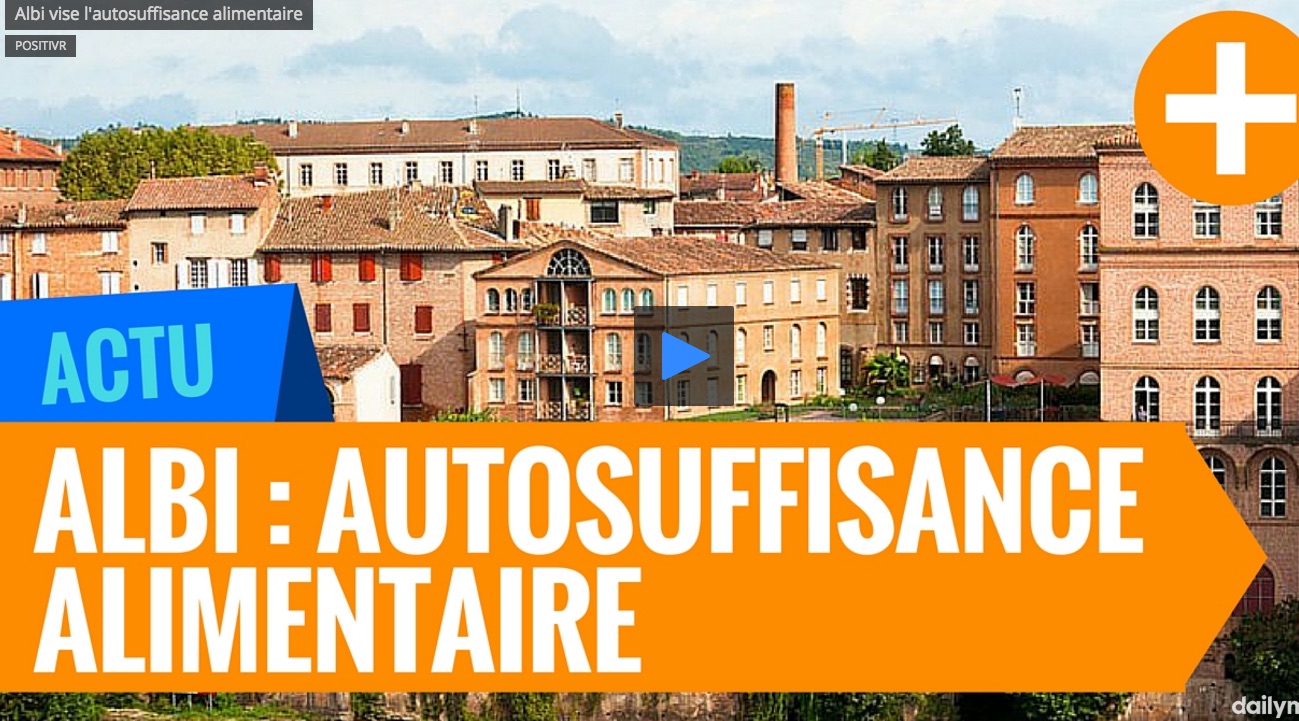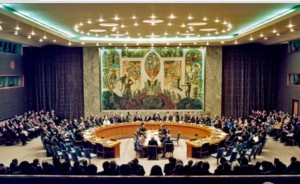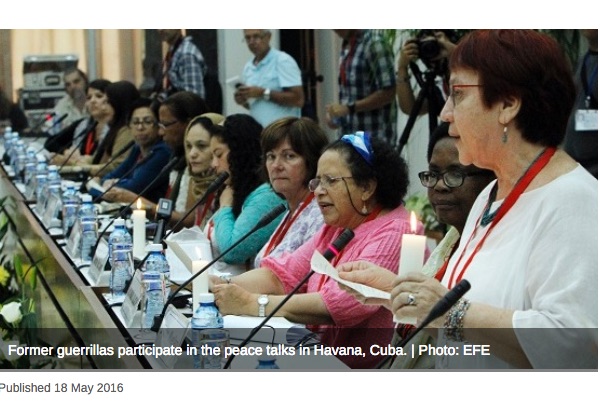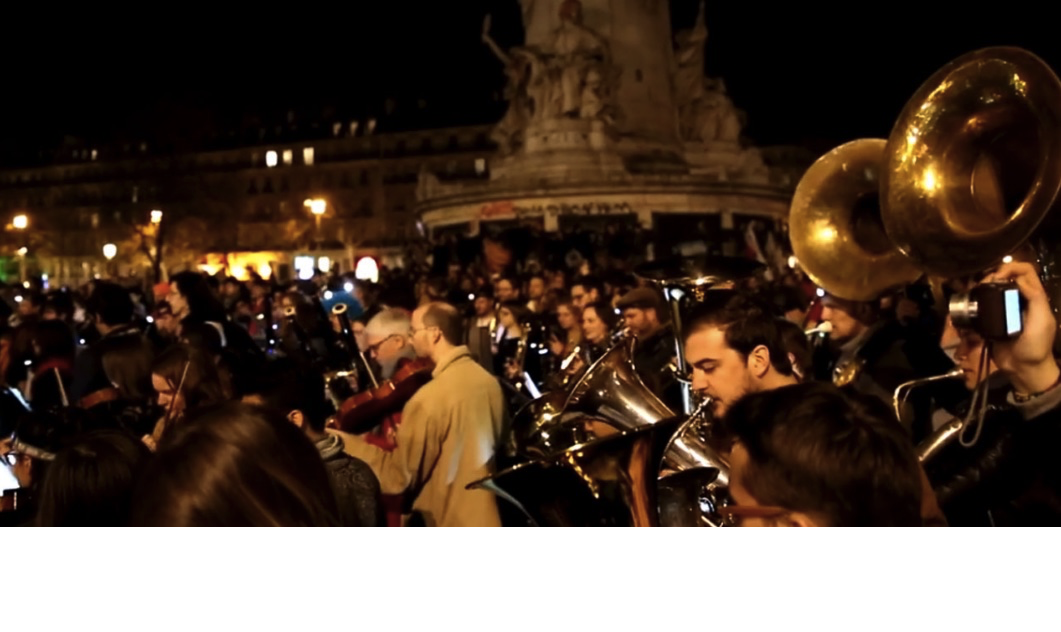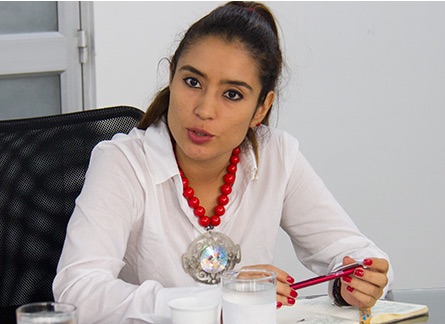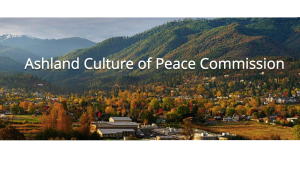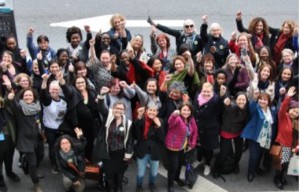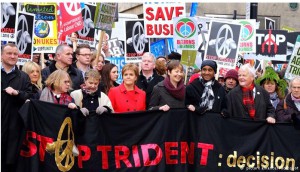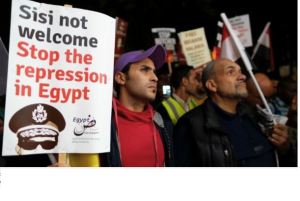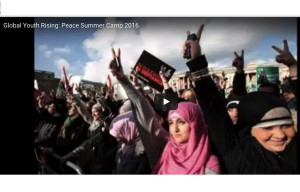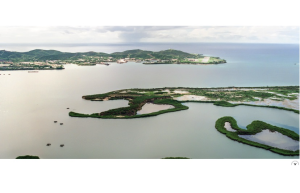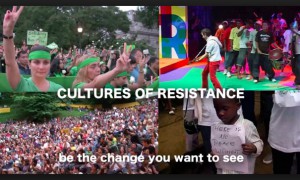We’ve seen two shocking election results recently: the defeat of the referendum for the peace accords in Colombia, and the election of Donald Trump in the USA based on a racist and xenophobic campaign. What does it mean?
It means that voters in the two countries are alienated from their governments – quite simply, they do not trust the government. And they are angry.
So what comes next? Do we slide back into war or into fascism? Or do we return to the people, listen to their fears and anger, and organize them in the sense that Martin Luther King told us?: “The supreme task is to organize and unite people so that their anger becomes a transforming force.”
CPNN, this month, finds ample evidence that the fightback to defend peace and human rights is underway in both countries. It begins at the local level, as it must be if it is to be sustainable. And it is being led by young people, as it must be if it is to have the energy to succeed.
Already, there are plans for a massive march of women to take place in Washington on the day after the inauguration. We “will send a bold message to our new administration on their first day in office, and to the world that women’s rights are human rights. We stand together, recognizing that defending the most marginalized among us is defending all of us.”
Thousands of students have staged walk-outs on college campuses across the United States, signalling their commitment to maintain “sanctuary campuses” to protect immigrant students. At the same time, the mayors of the largest American cities have pledged to maintain their policy of refusing to work with federal deportations These include Boston, Chicago, Los Angeles and New York. Not to mention entire states that are part of the sanctuary movement, including California and New York.
If you are out on the street talking to people, there is a new sense of urgency and commitment to get involved. “We’ve got a lot more work to do, now that Trump has been elected . . . more than ever, we need to work together for peace.”
People, especially youth, are training in methods of nonviolence, realizing that they will be put to the test in the coming times. For example, in Tucson, Arizona, students are taking the Kingian Nonviolence training program, which aims to “institutionalize and internationalize nonviolence.”
In Colombia, young people are training “to build capacities and to form ‘ Leaders animators’ in the territory who can then promote a political culture of pardon and reconciliation.” Also, there is the development of Municipal Peace Councils, the Municipal Councils of Transitional Justice . . . to form the network of peacebuilding strategy at the municipal level.” This month, CPNN articles about these initiatives come from the Colombian departments of Magdalena Centro, Cesar, Valle de Cauca and Antioquia, some of the most populous of Colombia’s 32 deparments.
Traditional peace and justice organizations, such as Search for Common Ground, Pace e Bene, Nonviolent Peaceforce and American Civil Liberties Union are deeply involved. But the energy is coming from young people to an extent that we have not seen since the revoluionary 60’s. It is they who will determine the direction and the power of the movement.
|
HUMAN RIGHTS |
WOMEN’S EQUALITY |
DEMOCRATIC PARTICIPATION Tabling for peace in the USA: A new sense of urgency |
SUSTAINABLE DEVELOPMENT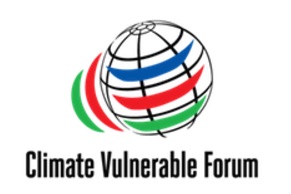 47 of the world’s poorest countries are aiming to hit 100% renewable energy |
|
TOLERANCE AND SOLIDARITY |
FREE FLOW OF INFORMATION |
DISARMAMENT AND SECURITY |
EDUCATION FOR PEACE |
